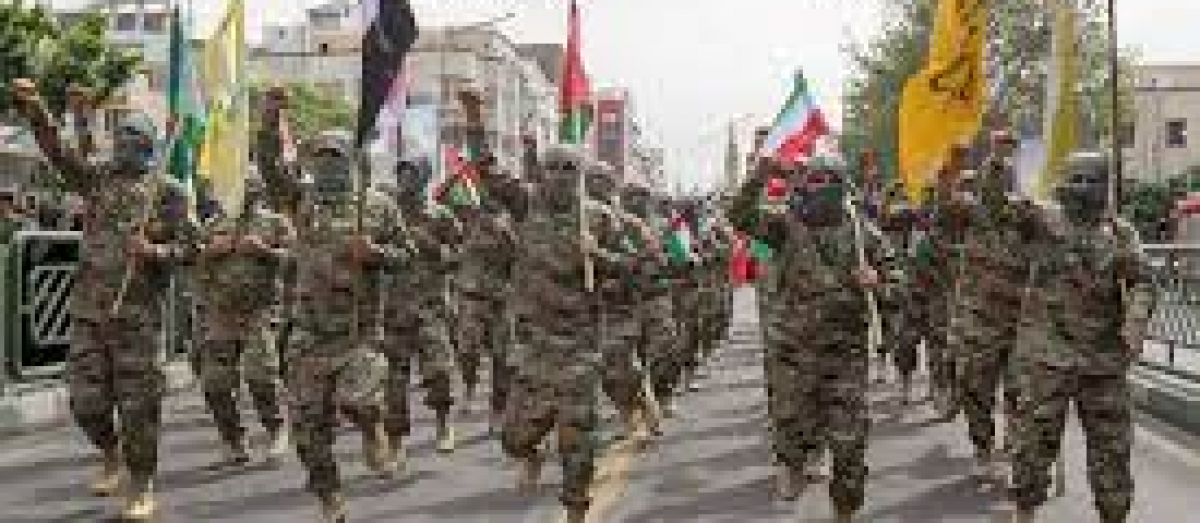Allies:
United States:
- Israel enjoys a close and longstanding alliance with the United States, based on shared democratic values, security cooperation, and mutual interests in the Middle East.
- The United States provides significant military aid, diplomatic support, and political backing to Israel. This relationship is a cornerstone of Israeli security and foreign policy.
United Kingdom:
- Israel maintains a strong bilateral relationship with the United Kingdom, characterized by trade, cultural exchanges, and diplomatic cooperation.
- While the UK supports a two-state solution to the Israeli-Palestinian conflict, it maintains close ties with Israel and often aligns its policies with those of the United States.
Germany:
- Israel and Germany have a unique relationship shaped by the historical legacy of the Holocaust and Germany’s commitment to ensuring Israel’s security and well-being.
- Germany provides economic assistance, technological cooperation, and Holocaust reparations to Israel. The relationship is multifaceted and includes cultural, educational, and scientific exchanges.
Egypt and Jordan:
- Israel has peace treaties with both Egypt and Jordan, marking significant diplomatic achievements in the region.
- These treaties include security cooperation, economic ties, and cultural exchanges. While relations have faced occasional challenges, particularly in times of regional tension, the peace agreements have largely endured.
Some Gulf States (Quietly):
- While not publicly acknowledged due to sensitivities related to the Israeli-Palestinian conflict, Israel has reportedly developed discreet ties with some Gulf states, particularly those concerned about Iran’s regional influence and seeking technological cooperation.
- These relationships often focus on security, intelligence sharing, and common interests in countering terrorism and Iranian expansionism.
Enemies:
Iran:
- Israel views Iran as a significant security threat due to its nuclear ambitions, support for militant groups like Hezbollah and Hamas, and hostile rhetoric towards Israel’s existence.
- Israel has opposed the Iran nuclear deal and has conducted covert operations to sabotage Iran’s nuclear program. Tensions between Israel and Iran have also played out in proxy conflicts in Syria and elsewhere.
Hamas (Gaza Strip):
- Hamas, an Islamist militant group controlling the Gaza Strip, is considered an enemy of Israel due to its violent tactics, rocket attacks on Israeli territory, and refusal to recognize Israel’s right to exist.
- Israel has engaged in military operations and blockades to contain Hamas’s influence and prevent rocket attacks on Israeli civilians. The conflict between Israel and Hamas remains a significant challenge to regional stability.
Hezbollah (Lebanon):
- Israel views Hezbollah, a Shiite militant group based in Lebanon and backed by Iran, as a formidable enemy due to its arsenal of rockets, cross-border attacks on Israel, and role in regional conflicts.
- Israel has fought several wars with Hezbollah, including the 2006 Lebanon War, and considers the group a terrorist organization. Tensions along the Israel-Lebanon border remain high, with periodic flare-ups of violence.
These relationships reflect the complex geopolitical dynamics and security challenges facing Israel in the Middle East. While Israel maintains strong alliances with certain countries, it also faces threats from hostile actors determined to undermine its security and existence.


